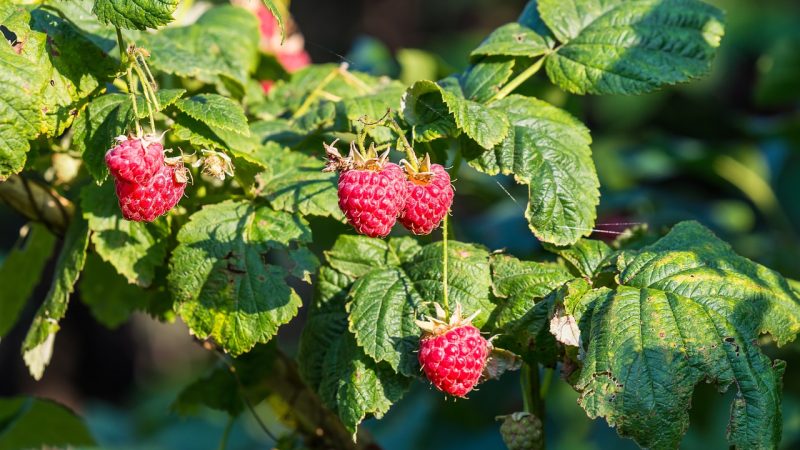Cranberries are a type of small, red berry that are known for their tart taste and numerous health benefits. They contain high levels of antioxidants, which can help protect against inflammation and oxidative stress, and may also have antibacterial properties. If you’re interested in reaping the benefits of this superfood, read on to learn how to plant cranberries and incorporate them into your diet.
Planting Cranberries
Cranberries are typically grown in bogs, which are shallow pools of water with acidic soil. Here’s how to plant them:
- Choose the right location: Cranberries require full sunlight and acidic soil with a pH of 4.0 to 5.5. If your soil is not naturally acidic, you can add sulfur or other acidic amendments to lower the pH.
- Prepare the soil: Cranberries prefer well-draining, sandy soil. To prepare your bog, remove any weeds or vegetation and till the soil to a depth of 6-8 inches (15-20 cm). Add compost or other organic matter to improve soil fertility and structure.
- Plant the cranberries: Cranberries are typically planted in late spring or early summer. You can plant them as seeds or as established plants, which are called “runners.” Space the plants about 12-18 inches (30-45 cm) apart in rows, with a 2-3 foot (0.6-0.9 m) gap between rows.
- Maintain the bog: Cranberries require a lot of water to grow, so make sure your bog stays moist. You may need to irrigate your bog regularly or install a drip irrigation system. You’ll also need to control weeds, monitor soil pH, and fertilize your cranberries regularly.
Health Benefits of Cranberries
Cranberries are a nutrient-dense food that offer a variety of health benefits. Here are some of the ways they can improve your health:
- Reduce inflammation: Cranberries contain antioxidants called proanthocyanidins, which have anti-inflammatory properties. This can help reduce the risk of chronic diseases like heart disease, diabetes, and cancer.
- Boost immune function: Cranberries are rich in vitamin C, which can help boost immune function and reduce the risk of infections.
- Prevent urinary tract infections: Cranberries contain compounds called proanthocyanidins, which can help prevent bacteria from adhering to the bladder and urinary tract, reducing the risk of infections.
- Support gut health: Cranberries contain fiber and other prebiotics, which can help support the growth of healthy gut bacteria and improve digestive function.
Conclusion
Cranberries are a delicious and nutrient-dense food that can offer a range of health benefits. By planting them in a bog and incorporating them into your diet, you can enjoy the unique flavor of this superfood while also improving your overall health.







